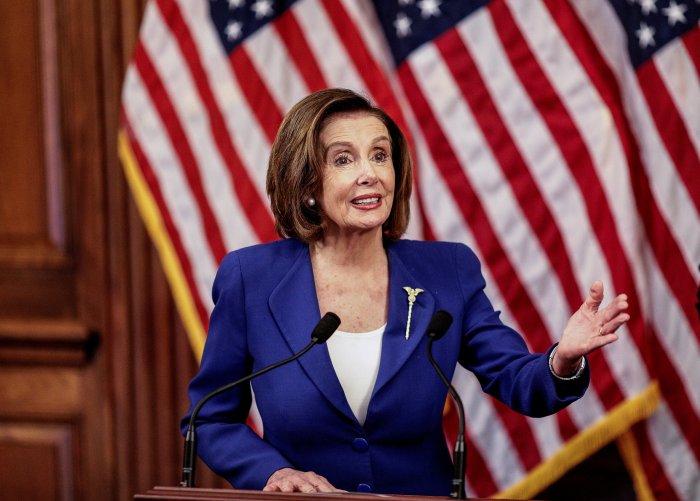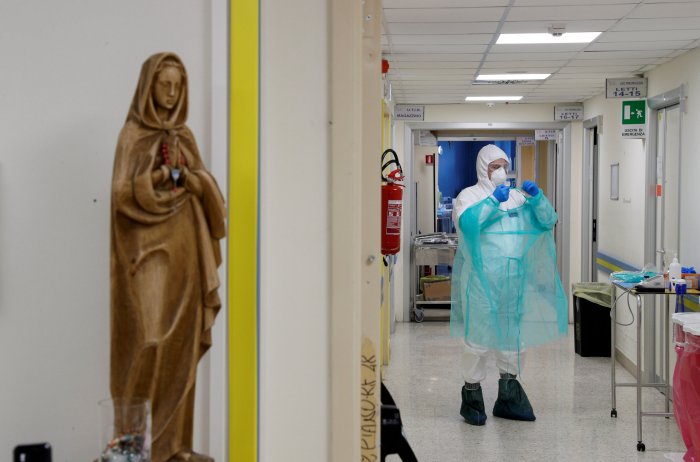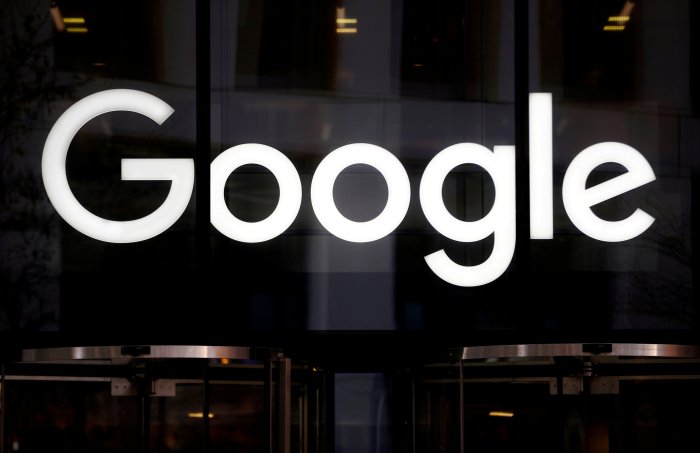WASHINGTON (Reuters) – Teva Pharmaceutical Industries Ltd on Tuesday won a ruling from a U.S. administrative court that could help it fend off competition from Eli Lilly and Co in the market for migraine drugs.
The Patent Trial and Appeal Board (PTAB) upheld the validity of three Teva patents on its migraine treatment Ajovy, rejecting arguments by Eli Lilly that they were invalid.
In a separate legal action filed in 2018, Teva accused Eli Lilly’s competing drug Emgality of infringing the same patents. Eli Lilly could be liable for money damages if it loses that case.
Eli Lilly responded to the lawsuit by asking PTAB, a court run by the U.S. Patent and Trademark Office, to separately reconsider whether the patents should have been granted in the first place.
Teva’s stock price jumped about 9% after the patent court issued its decision, which Eli Lilly can still appeal.
A Teva spokeswoman said the company was pleased with the outcome and called the ruling a “testament to the strength of Teva’s intellectual property.”
An Eli Lilly spokesman did not immediately respond to a request for comment.
Ajovy, a next-generation migraine drug known as a CGRP inhibitor, generated $96 million in worldwide sales for Teva last year. The Israel-based company has projected $250 million in sales in 2020.
Emgality, another CGRP inhibitor, generated worldwide revenue of $162.5 million for the Indianapolis, Indiana-based Eli Lilly last year.
Teva is looking to Ajovy to boost revenue and help it pay down its debt, which at the end of 2019 stood at $26.9 billion. The company’s debt soared after it paid more than $40 billion in 2016 to buy Allergan’s generic drugs business.
(Reporting by Jan Wolfe; Editing by Cynthia Osterman, Grant McCool and Tom Brown)


























